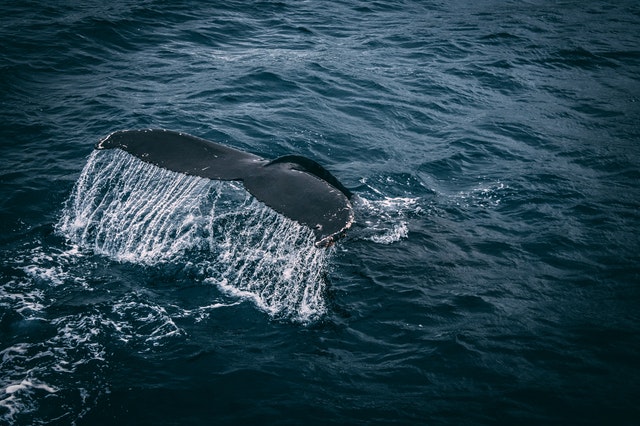Many people are still scratching their heads in confusion over the disappearance of great white sharks in the False Bay area, but a recent study has revealed that they are not the only important marine creatures leaving our waters.
Survey findings from the University of Pretoria’s (UP) Mammal Research Institute Whale Unit revealed a shocking decrease in the number of whales present in the Cape’s waters.
The survey was conducted from a helicopter and found that 200 whales were present in a stretch of water in the False Bay area. This is a far cry from the 1 000 that were counted just last year.
According to the Unit, this is the second-lowest figure recorded since 1995. The only time the number was lower was in 2016, when 119 whales were seen. The university believes this absence could be attributed to how climate change is effecting the ocean waters.
“We believe the whales are not finding enough food, due to changes in the climate conditions of the Southern Ocean, possibly related to climate change. Right whales eat krill and copepods and with not enough food they cannot store enough energy to complete the costly migration and reproduction. This has implications for population recovery,” said the unit.
The survey was undertaken by the Whale Unit at UP’s Mammal Research Institute between September 30 and October 5, 2019.
According to the unit’s Research Manager, Dr Els Vermeulen, the survey was flown between Nature’s Valley and Muizenberg, using an Airbus EC120B under charter from Silvercross Helicopters. “All encountered whale and dolphin species were recorded, with a special focus on southern right whales,” he said.
Vermeulen feels these numbers are concerning and whether this is a temporary or a permanent trend remains to be seen.
“These numbers mark the second-lowest number of right whales along our shores in October since 1995, after the extreme low numbers of 2016, 55 pairs. This is a huge decrease from last year’s all-time record of 536 cow-calf pairs in the same stretch of coastline,” Vermeulen added.
The university celebrated their 50th year anniversary of aerial surveys this year and the survey results will be analysed in the coming months to uncover more information about the behaviour South Africa’s whale population.
Picture: Pexels

